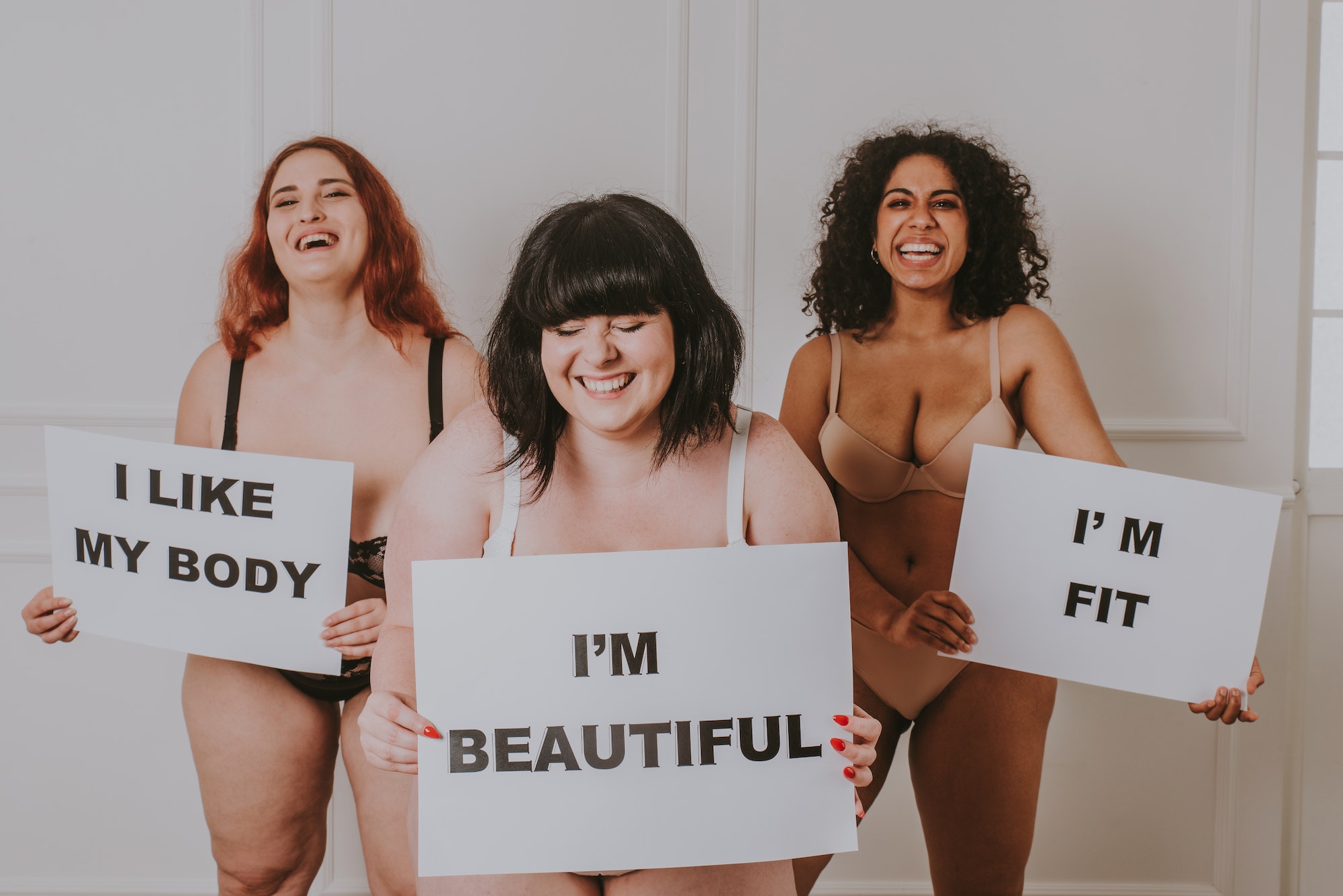
Mental Health, Opinion, Self-Improvement, Work
I make introverts authentic & unstoppable!
Page 1/2

Mental Health, Opinion, Self-Improvement, Work

Mental Health, Opinion, Self-Improvement, Society, Work

Mental Health, Opinion, Self-Improvement, Work

Mental Health, Opinion, Self-Improvement

Mental Health, Opinion, Self-Improvement

Mental Health, Opinion, Self-Improvement, Society

Mental Health, Opinion, Self-Improvement

Mental Health, Opinion, Self-Improvement

